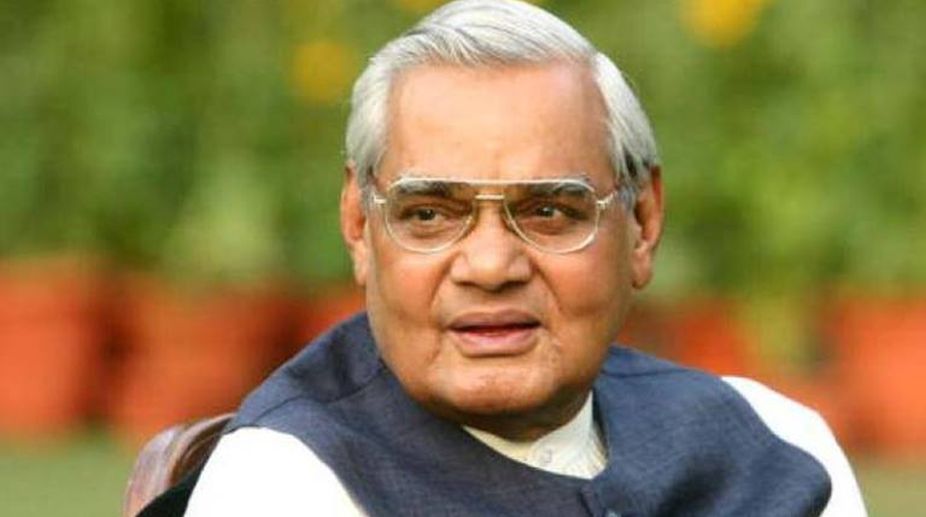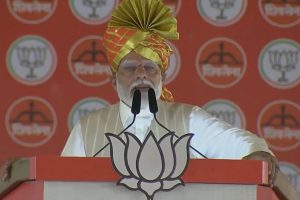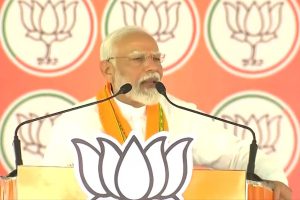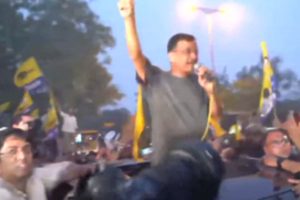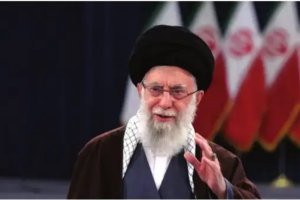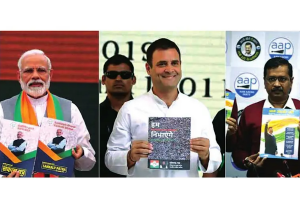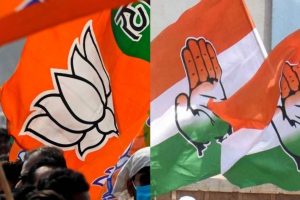It would be both inappropriate and unfair to doubt the sincerity of the Prime Minister’s lauding the courage of his NDA predecessor when “exercising the nuclear option” 19 years ago. Opting for one of his favoured means of communication, Mr Narendra Modi took to ‘twitter’ on National Technology Day (11 May) to say “we remain grateful to our scientists and the then political leadership for the courage shown in Pokhran in 1998.” After detailing both the nuclear test and the unfavourable domestic and international reaction, including the imposition of sanctions, Mr Modi recalled the follow-up tests: in pursuing them “Atalji showed he was made of a different mettle… if we had a weak PM he or she would have got cowed down”. No cause for quarrel with that, both domestic and international criticism died down, India became a member of the ‘club’. And despite a change in the political colour of the next government, the decision was not reversed. Yet it would now also be appropriate, and certainly not unfair, to ask Mr Modi if that was the only courageous decision taken by his illustrious political forbear? Many would wish that the present Prime Minister made concerted efforts to emulate Mr Atal Bihari Vajpayee, who almost single-handedly ensured that the BJP’s several perceived-negatives were put on the backburner, and the party earned nationwide acceptability. Mr Modi’s several critics would insist that the situation has now been reversed, and though unparalleled electoral success has been secured it has come at the cost of endangering some of the qualities that had stamped Indian democracy unique.
It was under Vajpayee’s leadership that “live” meaning was added to the argument that it requires courage to fight for peace. His bus ride to Lahore may have been “rewarded” with Kargil, but he had the guts to strive for reconciliation at Agra: contrast that with the present Indo-Pak impasse. Vajpayee had broken new ground in dealing with the Kashmir situation, even opening negotiations the separatists. Mehbooba Mufti’s plea to revive that dialogue has been contemptuously spurned, and courtesy a sycophantic electronic media anyone who now suggests negotiations is deemed not just anti-national and a traitor, but also accused of being a Pakistani agent.
To list the several contrasting policy-approaches would be futile, and the Modi-fraternity would react viciously. Yet who dare deny that divisive politics has come to the force, hatred has been injected into the equation, and even the concepts of nationalism and patriotism have been skewed. True that no two leaders can be the same, and that the “realities” of the situations in which they functioned are so very different. Yet a selective memory can be sinister: there is little point in hailing some of Vajpayee’s qualities, and simultaneously “betraying” myriad others.

